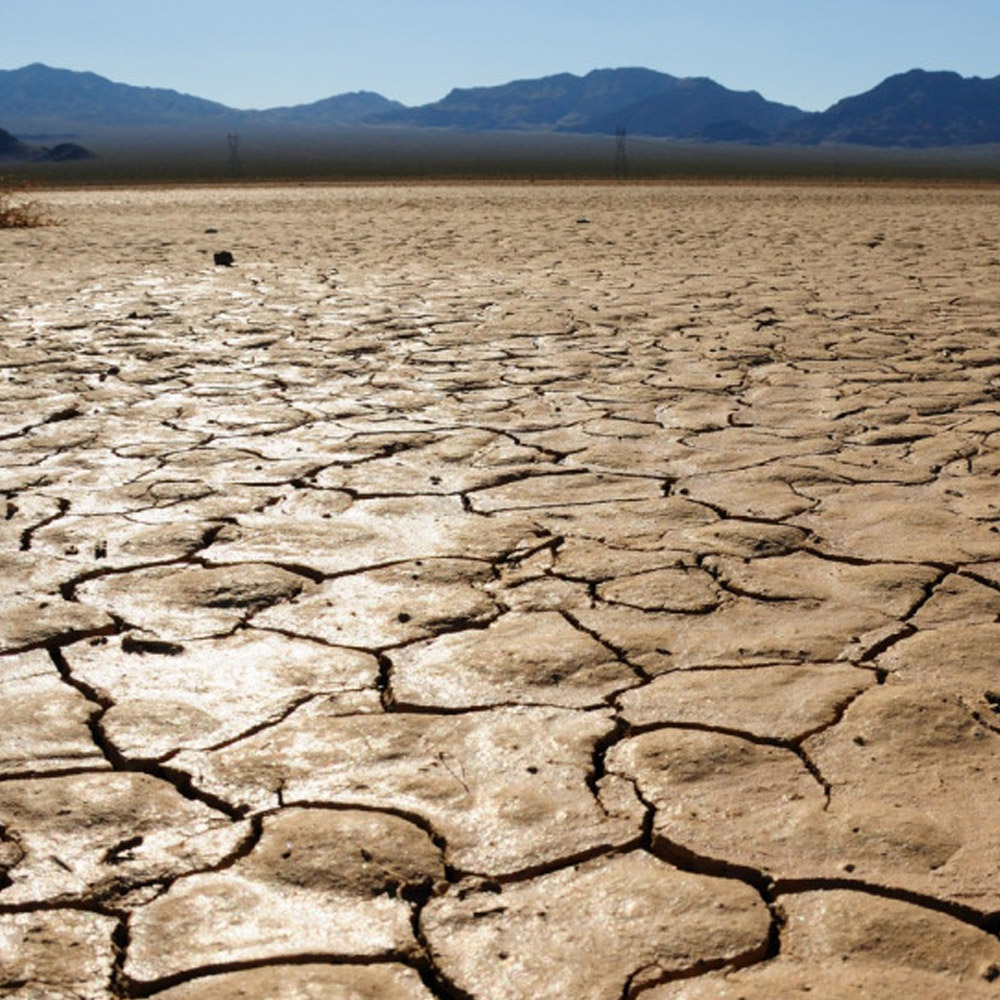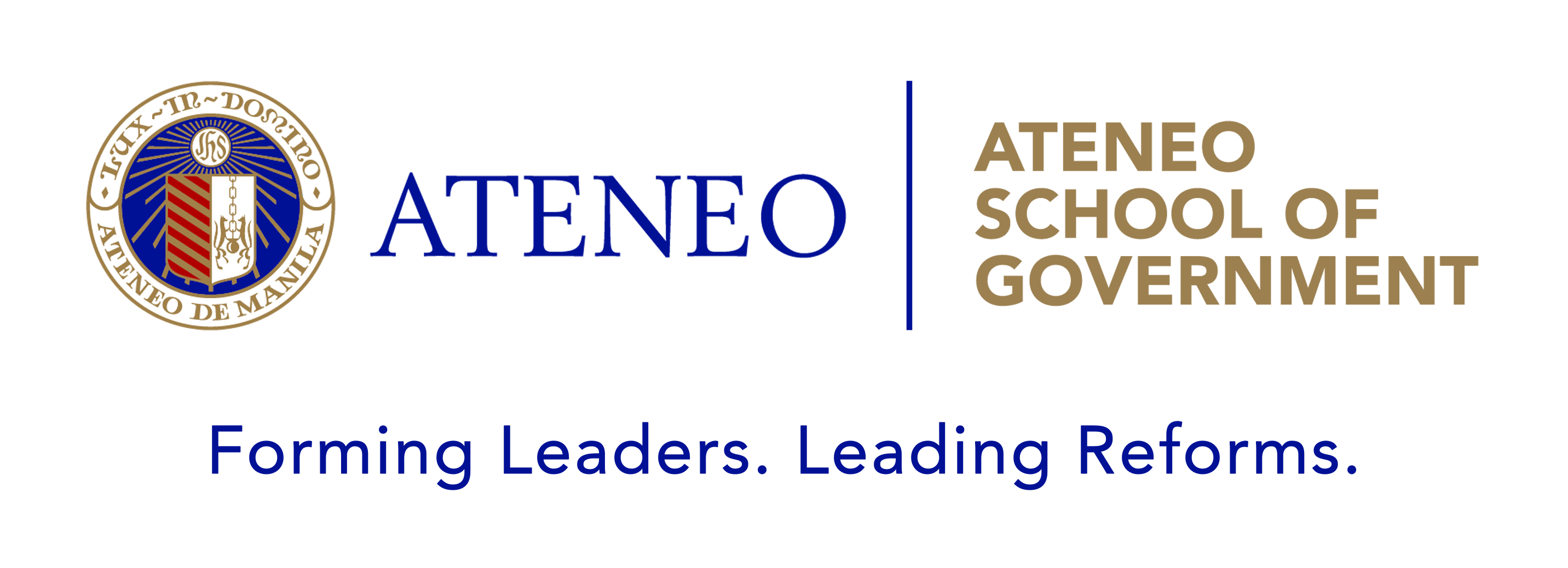Climate Change
Socioeconomic Issue on Spotlight

Climate change is one of the most critical issues facing mankind in the 21st century. Its adverse impacts continue to intensify, affecting communities, societies, and economies across the globe.
Often, those who have less in life are more at risk, especially when they live in disaster-prone areas. Rola et al. (2015) found that households in lowland areas are more vulnerable to the impacts of climate change, hence, the importance of an early warning system to prepare for extreme events.
Moreover, Thomas et al. (2012) noted that communities located in risk-prone areas need to have more access to catastrophic insurance and be provided with incentives to precautionary savings. The same authors underscored that adaptation and mitigation actions should be considered and mainstreamed in development policy to reduce the risk of climate change to lives and livelihoods and increase the resilience of communities.
In terms of specific consequences to the Philippine economy, Ancog et al. (2012) found a decline in the yields of agricultural products in the Philippines due to climate change. According to their study, there was a sharp fall in the volume of production of the four major crops—rice, corn, sugarcane, and coconut—between 1975 and 2001. Tropical cyclones in the same period had also caused damage to agriculture estimated at PHP 3 billion.
The rise in sea level caused by climate change has also contributed to the loss of agricultural lands in low-lying coastal areas. Saltwater intrusion of groundwater resources has intensified in the northern part of Luzon, which is mainly an agricultural region (Ancog et al. 2012).
Businesses and industries have also been directly affected by the impacts of climate change. The Energy Development Corporation (2018), for instance, disclosed that the frequency of events attributed to climate change has increased its annual insurance premiums from PHP 294 million in 2009 to over PHP 1.3 billion in 2018. In the last seven years alone, its geothermal operations have been interrupted and damaged by typhoons, such as Yolanda and Sendong, and the Leyte earthquake of 2017. These natural disasters left close to PHP 10.5 billion of property damage and business interruption losses.
Ancog et al. (2012) urged the government to implement adaptation policies related to the correct pricing of natural resources and insurance to address market failures. They also recommended investing in climate-proofing infrastructures, such as dikes, small water impoundments, and seawalls, to increase the adaptive capacity to climate change.
Meanwhile, Rola et al. (2015) urged the government to come up with operational policies focusing on the knowledge, education, and information system for communities in using weather data for their agricultural decisions.
There is also a need for a more concerted action to minimize the impact of climate-related events and adapt to climatic trends. Better climate mitigation and climate adaptation, such as accelerating plans for the clean development mechanism of the Kyoto Protocol and refining hazard mapping and various risk assessment systems, are essential (Thomas et. al 2012).
The Socioeconomic Research Portal for the Philippines (SERP-P) has a collection of studies on climate change. In addition to those cited earlier, worth checking out, among other studies, are those by Reyes et al. (2009) on incorporating regional rice production models in rice importation, Elazegui et al. (2017) on integrating climate information in agricultural extension, Sajise et al. (2016) on climate change adaptation in Southeast Asia, Bihn et al. (2018) on impacts of climate change on agriculture and fisheries in the coastal areas, and Dacuycuy and Baje (2017) on intersecting weather variability and chronic food poverty.
For other related studies, simply type “climate change” in the search box of the SERP-P website.
Other SERP-P Resources on Climate Change


